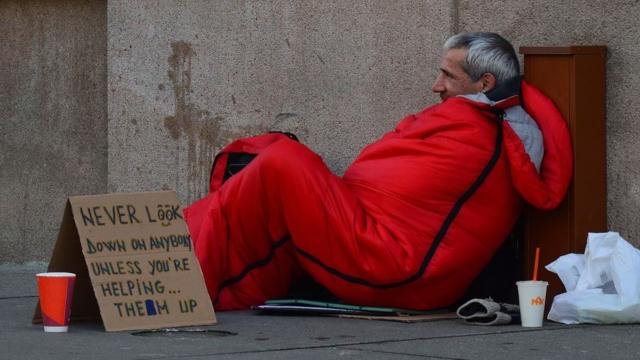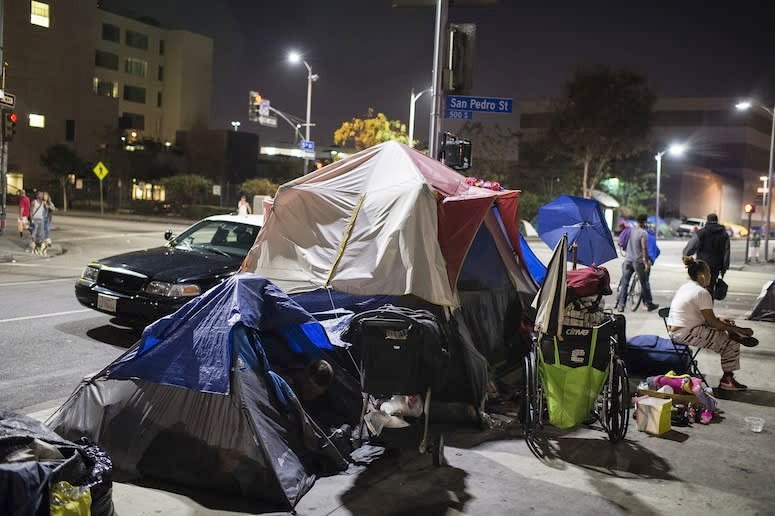Title: “Escalating Homelessness: A Growing Crisis Exacerbated by Immigration Challenges”
The surge in illegal immigration is contributing to a deepening national crisis as new government data reveals an alarming increase in homelessness, according to Fox News correspondent Bryan Llenas. The report underscores the highest number of homeless people recorded since 2007, with over 653,000 individuals experiencing homelessness in 2023, marking a 12% increase from the previous year.
Notably, the rise in homelessness is primarily driven by those facing homelessness for the first time. The data highlights a 16% increase in family homelessness, a concerning trend not witnessed in over a decade. Black Americans are disproportionately affected, representing half of homeless families with children in the United States.
Key findings include:
- City Rankings: The top five major cities grappling with homelessness are New York City, Los Angeles, Seattle, San Diego, and Denver. New York City witnessed the largest increase year-over-year.
- State Concentration: Four states, namely California, New York, Florida, and Washington, account for more than half of the country’s homelessness. California leads with 28% of the homeless population, totaling over 181,000 people.
- Unsheltered Population: California also reports the highest population of unsheltered homeless individuals, exceeding 120,000 people living on the streets and sidewalks – nearly eight times higher than the next-highest state, Florida.
The Department of Housing attributes the worsening homelessness crisis to factors such as extraordinary rent increases, the winding down of COVID-19 protections (including eviction moratoriums and emergency rental assistance), and the end of stimulus payments.

Fox News host Tomi Lahren, in response to the report, connects the dots between the escalating immigration situation and the strain it places on under-resourced communities. She points out that the influx of migrants, promised care and resources by criminal organizations and the Biden administration, exacerbates the competition for limited resources with American veterans and other citizens experiencing homelessness.
Furthermore, the report delves into the impact on urban areas, where Democratic mayors are contending with the consequences of a broken system. The mayors are seen adopting a compassionate stance toward immigrants, vowing to provide shelter, education, and services. However, critics argue that this approach neglects the challenges faced by local communities, with resources being stretched thin.
The interview highlights a concerning reality: despite attempts to alleviate homelessness in specific instances, the fundamental issues persist, and the tactics employed by local authorities and the Biden administration do not address the root causes. The narrative is underscored by the disparity between promises made by Democratic officials and the practical challenges faced by cities and states overwhelmed by a surge in migrants and an expanding homeless population.
In conclusion, the report emphasizes the urgent need for a comprehensive and strategic approach to tackle both the immigration crisis and the growing homelessness problem. The data reveals a complex interplay of factors, with immigration trends significantly impacting homelessness rates and the resources available to support vulnerable populations.
